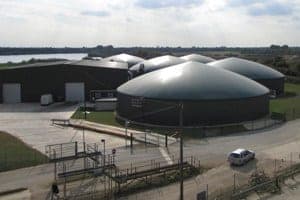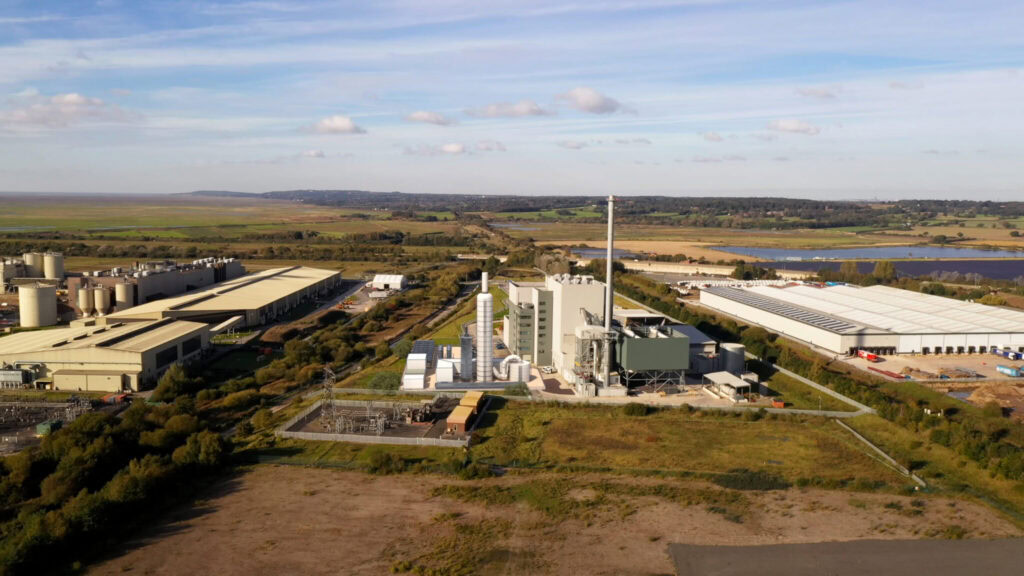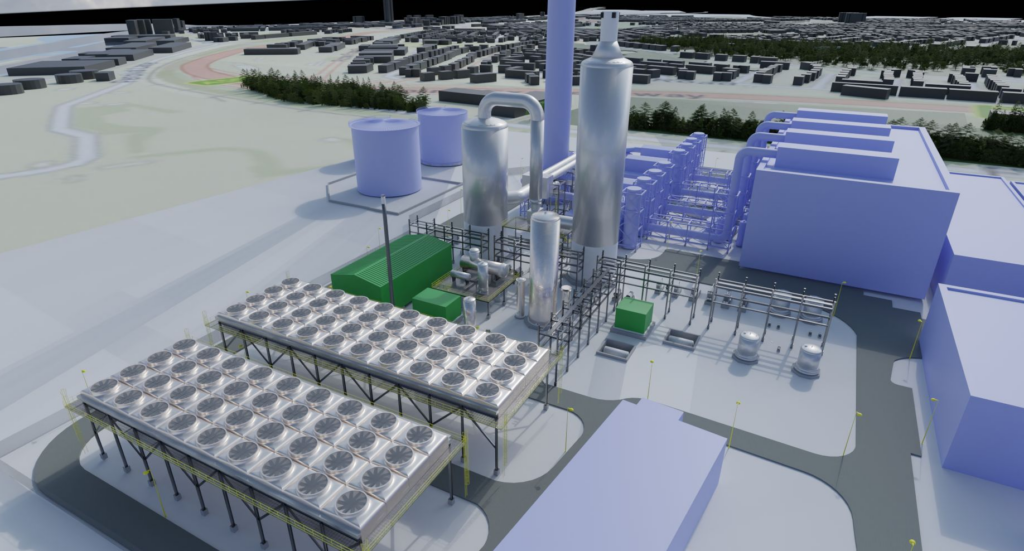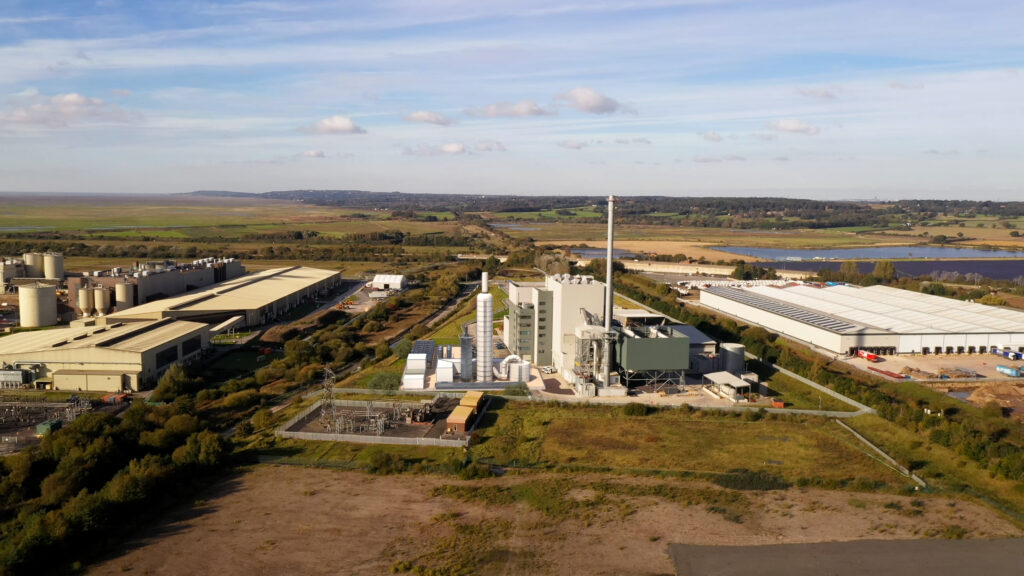The government has moved to reassure the waste industry that funding support schemes such as Feed in Tariffs for the energy-from-waste and anaerobic digestion (AD) projects are not under threat.
It follows comments made by David Cameron during Prime Ministers Question Time in the House of Commons yesterday (October 23), in which he suggested that the government would roll back some of the green regulations and charges that are pushing up bills.

The PMs comments followed recent and proposed increases in household bills by several major energy companies, which he said was unacceptable and the government would attempt to tackle through better regulation.
As a result, with details of any changes yet to be announced by the government, there has been concern that this could impact on funding and investment in the likes of energy-from-waste (EfW), anaerobic digestion (AD), gasification and waste wood biomass projects.
DECC
But in the wake of Mr Camerons comments, the Department of Energy and Climate Change (DECC) has moved to reassure the waste and recycling industry that there are no plans to modify or scrap funding support schemes such as Feed in Tariffs, the Renewables Obligation and the Renewable Heat Incentive (RHI).
‘No one is talking about changing support for large-scale renewables or Feed in Tariffs, which are essential for investor confidence in the renewables sector and our commitments to a low-carbon economy.’
DECC spokesman
A spokesman for DECC said: No one is talking about changing support for large-scale renewables or Feed in Tariffs, which are essential for investor confidence in the renewables sector and our commitments to a low-carbon economy.
The Feed-in Tariff (FiTs) system, which was introduced in April 2010, was conceived as a means of helping stimulate investment in small-scale low carbon energy generation facilities by offering a subsidy for the energy they generate.
The DECC spokesman added: The government is looking at how to get peoples energy bills as low as possible to help hard-pressed families. Weve already increased competition, brought new players in to the market to offer consumers real choice and the most vulnerable are getting direct help with their bills this winter. Well continue this work to make sure consumers are getting a good deal.
REA
However, the Renewable Energy Association (REA) called for clarity on the Prime Ministers comments over exactly which levies are under threat of being axed, otherwise the government risks severely undermining investor confidence.
REA chief executive Dr Nina Skorupska added that it was the ever-increasing cost of gas rather than green energy that was to blame for the increase in household bills.
She commented: Renewables policy makes up only 3% of average bills overall and less than a third of the governments green levies, so politicians and the media are simply wrong to say that green energy is to blame for pushing up bills.
She added: In return for investing in renewables now, we create skilled green jobs in innovative new industries, bringing areas of previous industrial decline back to life. In the long-term we will also get lower, more stable energy prices and preserve a climate which is safe for our families in the future.









Subscribe for free